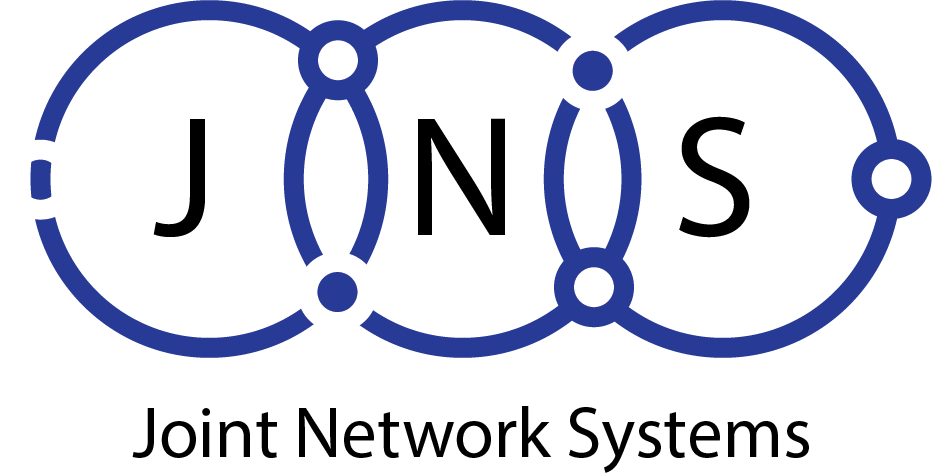Open AI Code Interpreter
OpenAI has released a new chatbot plugin that allows users to write code and run it in natural language. The plug-in called Code Interpreter is designed to make programming more fun and accessible for beginners as well as experts. OpenAI launched the tool in March, but now it’s available to all ChatGPT users.
ChatGPT is a chatbot which can engage in natural conversations with the user on a variety of topics. Code Interpreter allows users to use ChatGPT plus as a code compiler and editor without switching to another application. Code Interpreter supports a variety of programming languages, including Python, Java C#, HTML CSS JavaScript, React and Angular.
Code Interpreter is accessed by typing #code followed by the natural language query in the chat box. Code Interpreter generates the code snippet corresponding to the query and displays it in the chatbox along with any output, if applicable. The user can edit the code, or inputs for testing.
The Code Interpreter can be a very useful tool for those who are just starting out in coding. It allows you to create code using your own words, and then see the results immediately. It’s also useful for experts that want to save both time and effort.
All ChatGPT Plus web users can now access the Code Interpreter via the beta panel. You can use the Code Interpreter by typing in a block of code and ChatGPT will execute it and return results. ChatGPT can access and use files that you upload to the Code Interpreter. ChatGPT Plus is the pro version that offers more features.
AI Code Tools Are Becoming Common and Popular
As big tech companies such as Google, Microsoft and Amazon provide cutting-edge tools to create and fix code, the field of AI-powered programming is evolving rapidly. These tools help developers learn new skills, save time and improve the quality of their code. Take a look at the latest developments in this area:
- One of the most popular tools is GitHub Copilot. This joint project between Microsoft OpenAI uses GPT-4 for code suggestions based upon user input. GitHub Copilot uses OpenAI Codex which is a pre-trained generative language model developed by OpenAI. The tool is able to create entire functions, and can learn from code context and comments. GitHub’s future vision was revealed earlier this year with GitHub Copilot X which integrated with OpenAI GPT-4.
- Builder.ai is another AI software company that has received an equity investment by Microsoft. It offers Natasha AI as a product manager via Microsoft Teams. Both Builder.ai, and GitHub Copilot, are AI-powered software development tools. Builder.ai, a platform with no code, allows users to create apps using a variety of templates and features without having to write any code. This service is perfect for users who are not technically minded and want to create simple apps.
- Google has also partnered up with Replit in order to offer Ghostwriter – an AI tool which helps developers create code. This partnership gives Replit developers direct access to Google Cloud, and vice-versa. Google has also added code generation and debugging capabilities to its Bard AI bot. Bard can generate several drafts of possible answers to coding questions and requests. Users are able to choose from these. Bard can be asked to try again or ask for more information if the user is not satisfied with the result.
- Amazon has launched CodeWhisperer – a free AI software that is a competitor to GitHub Copilot. It supports Python, JavaScript and Java and integrates into popular IDEs such as PyCharm or Visual Studio Code. It makes it easier for users to write code. CodeWhisperer integrates with AWS tools and services, including Lambda and CloudFormation.
- Meta launched CodeCompose in May. This AI-powered tool offers code suggestions as developers type into Integrated Development Environments like VS Code. The tool is able to use its understanding of surrounding code in order to offer enhanced suggestions.
- Baidu, a Chinese company, is also in the race with its AI coding. Comate is compatible to mainstream Integrated Development Environments (IDE) and supports over 30 programming languages. C/C++ Python and Java are the most popular.



